Emergency Care
Emergency Care Services
Dental Care with a Family Touch

Emergency Care
We know that needing emergency dental care doesn’t always happen 8-5 Monday through Friday. Accidents happen, teeth break or infections flare up, crowns break and other problems may occur. Listed below are several common dental emergencies and helpful suggestions. If you think you have a dental emergency that needs immediate attention, call Dr. Line at 913-592-2200.

Toothache
The most common cause of toothache is dental cavities. Bacteria in the mouth can form plaques that stick to teeth and form acids that eat through tooth enamel, causing a cavity. This toothache pain is usually worse when you eat cold or hot food. Rinse your mouth out with warm water. Then use dental floss to make sure there isn't any food or other debris causing the pain. If the pain persists, call your dentist. A toothache is certainly a cry for additional dental care.
Lost Filling or Dental Crown
A lost filling or crown is rarely an emergency. However, it can be painful because the exposed tooth tissue is often sensitive to temperature, pressure or air. If you lose a crown, put it in a safe place and make an appointment to see your dentist as soon as you can. For dental fillings, seal the area with a piece of sugarless gum or over-the-counter dental cement. If adental crown has come loose, try to put it back in place with dental cement. If that doesn't work, bring it with you to the dentist.

Dental Abscess
If you notice a painful, pimple-like swelling on your gums, rinse with salt water and immediately contact an emergency dentist. If the infection becomes so painful that it cannot be managed by nonprescription medicines, see your doctor or dentist immediately. Drainage might be required. If you develop fever, chills, nausea, or vomiting as a result of a dental abscess, see your doctor. Dental abscesses can lead to more serious infections if not treated promptly. Proper early treatment of dental issues can prevent most dental abscesses.

Knocked out Tooth
Gently rinse off the knocked out tooth without removing any attached tissue. If possible, hold the tooth in place in the socket. Otherwise, put the tooth in a glass of milk and get to an emergency dentist right away. The good news is most times even a tooth that’s been knocked out completely can be saved if proper care is taken in the first 20 minutes. The first 20-30 are crucial in order to try to save the tooth.

Broken Tooth
Save any pieces of the broken tooth and rinse your mouth out with warm water. Apply a cold compress to the area to decrease swelling and pain until you can be seen by an emergency dentist. The dentist can then re-bond your tooth fragment with special tooth glue. If the fracture is over half the tooth, then the nerve of tooth may be exposed and you will need immediate treatment to protect the nerve.

